6 Minutes
Wolfsburg assembly lines to stop as semiconductor fallout spreads
Volkswagen has announced a temporary suspension of Golf production at its Wolfsburg plant starting October 29, 2025, after a renewed semiconductor squeeze disrupted the carmaker's supply of critical microchips. The move pauses one of the longest continuously running production programs in automotive history and raises fresh questions about the resilience of European manufacturing in a tense geopolitical climate.
What triggered the stoppage?
The immediate cause is a supply freeze involving Dutch chipmaker Nexperia. In late September the Dutch government intervened in Nexperia’s ownership structure, citing national security and intellectual property concerns linked to its Chinese investors. In response, Beijing imposed broad export restrictions on chips from the company, cutting off deliveries to several European OEMs, including Volkswagen.
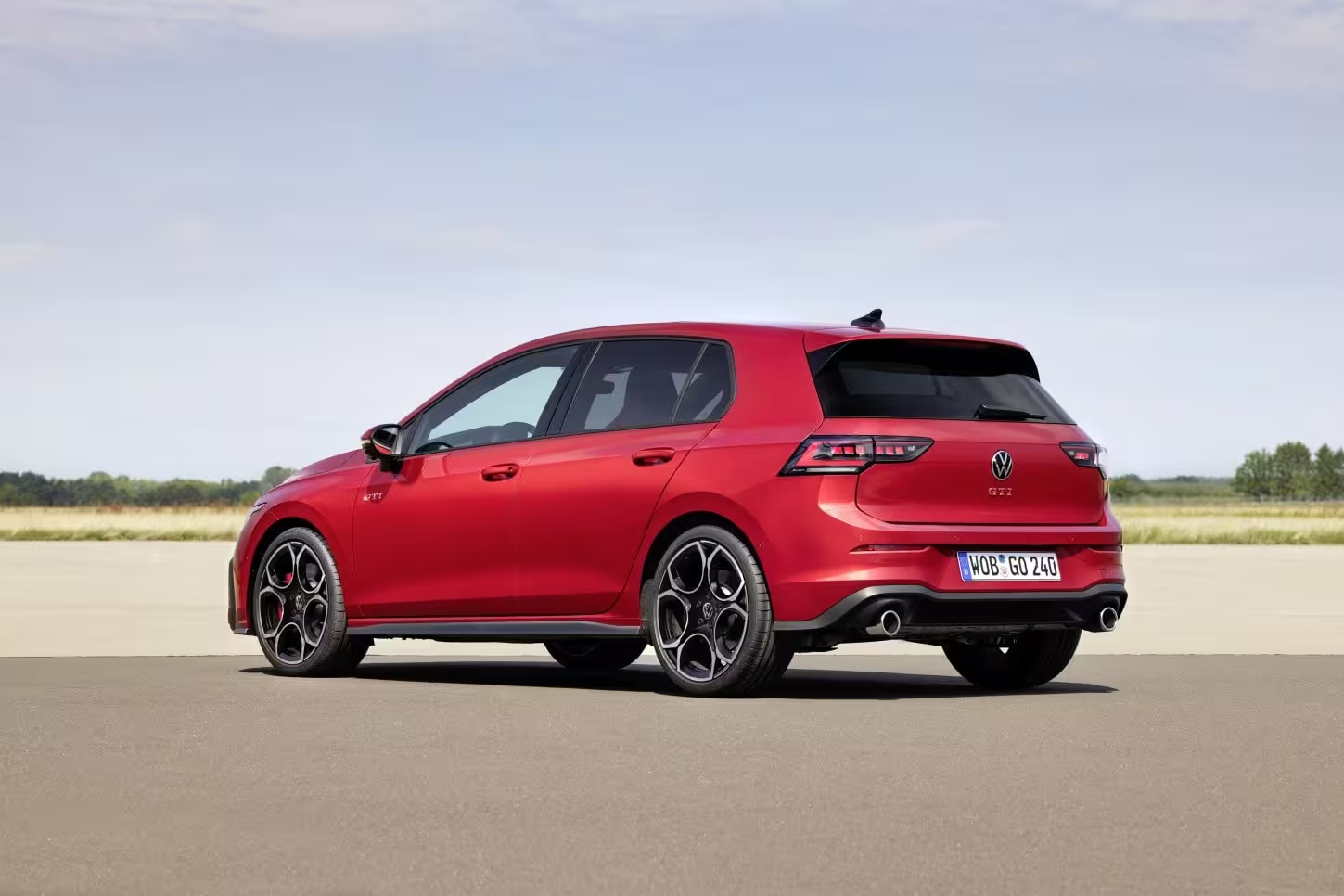
Volkswagen confirmed it received notices from Nexperia that future shipments could not be guaranteed. Without an immediate certified replacement, Wolfsburg faces a pause: alternative semiconductor sources require validation and testing before they can be integrated into production — a process that can stretch for weeks or months.
Models and plants at risk
The Golf will be the first to see production stops, but it is not alone. Volkswagen expects Tiguan, Touran and Tayron lines at Wolfsburg to be affected soon after if supplies don’t normalise. The company is also monitoring chip inventories at other German factories — Emden, Hanover and Zwickau — where similar short-term stoppages could occur.
- Primary impacted models: Golf, Tiguan, Touran, Tayron
- Other at-risk factories: Emden, Hanover, Zwickau
- Immediate issue: loss of Nexperia chip deliveries following export measures
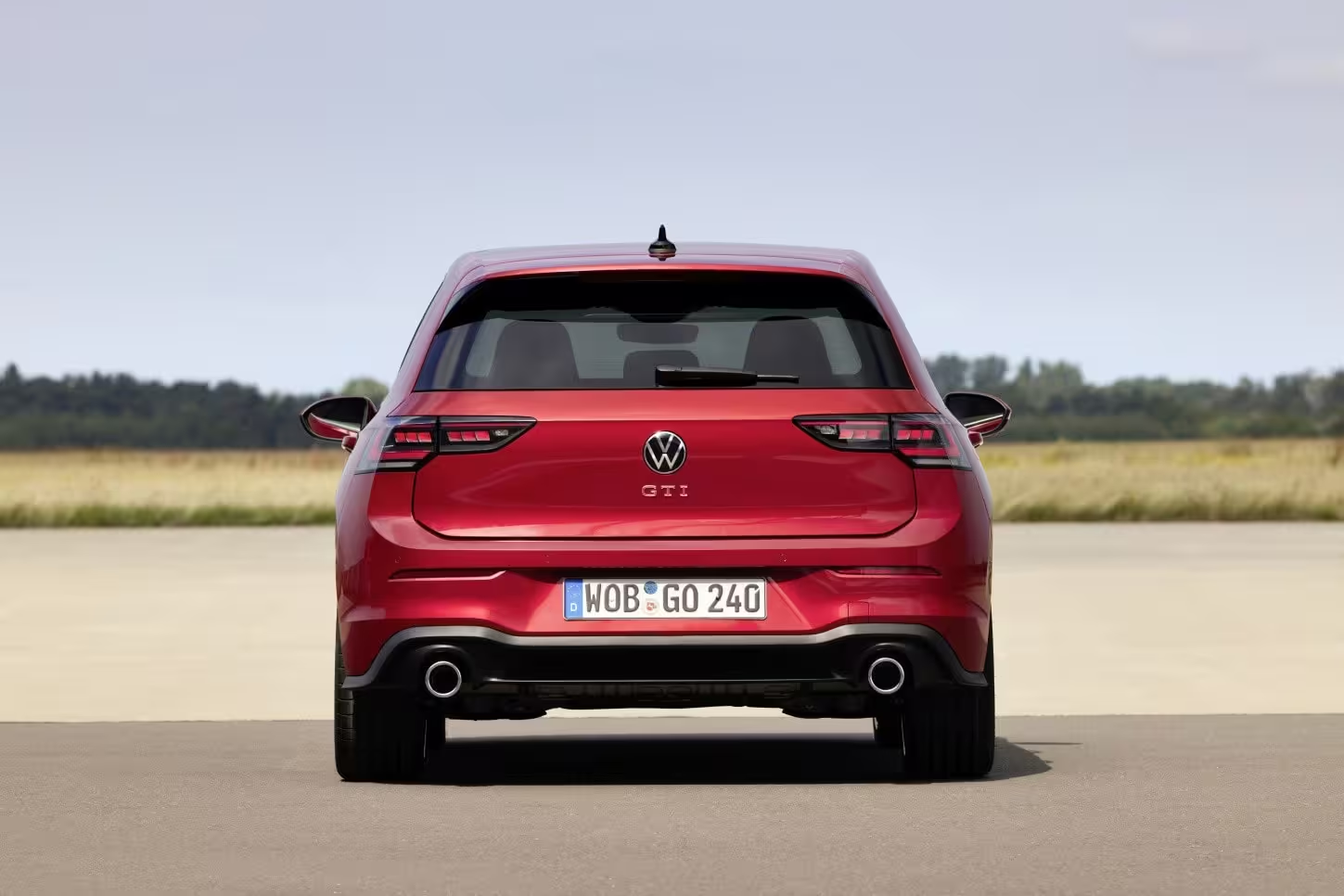
Protecting the workforce
To limit layoffs during the slowdown, Volkswagen has opened talks with German authorities about implementing Kurzarbeit (short-time work). Under Kurzarbeit, employees work reduced hours while receiving a portion of their wages subsidised by the state — a tool widely used in Germany to shield workers during cyclical downturns or supply interruptions.
An icon paused: Golf’s 51-year legacy
First launched in 1974 to succeed the Beetle, the Volkswagen Golf has remained in continuous production for 51 years, evolving across eight generations. The model has sold more than 37 million units worldwide and helped define the European hatchback segment for decades. Its combination of compact practicality, dependable engineering and broad model range — from modest trims to the performance-focused GTI — turned the Golf into a global benchmark.
The Golf GTI, introduced in 1976, pioneered the hot-hatch category and became a cultural icon in its own right. Even as crossovers and electric vehicles gained share, the Golf retained significant sales momentum: around 225,000 units were sold in Europe in 2024, and it held the title of Europe’s best-selling car for 14 straight years until 2022.
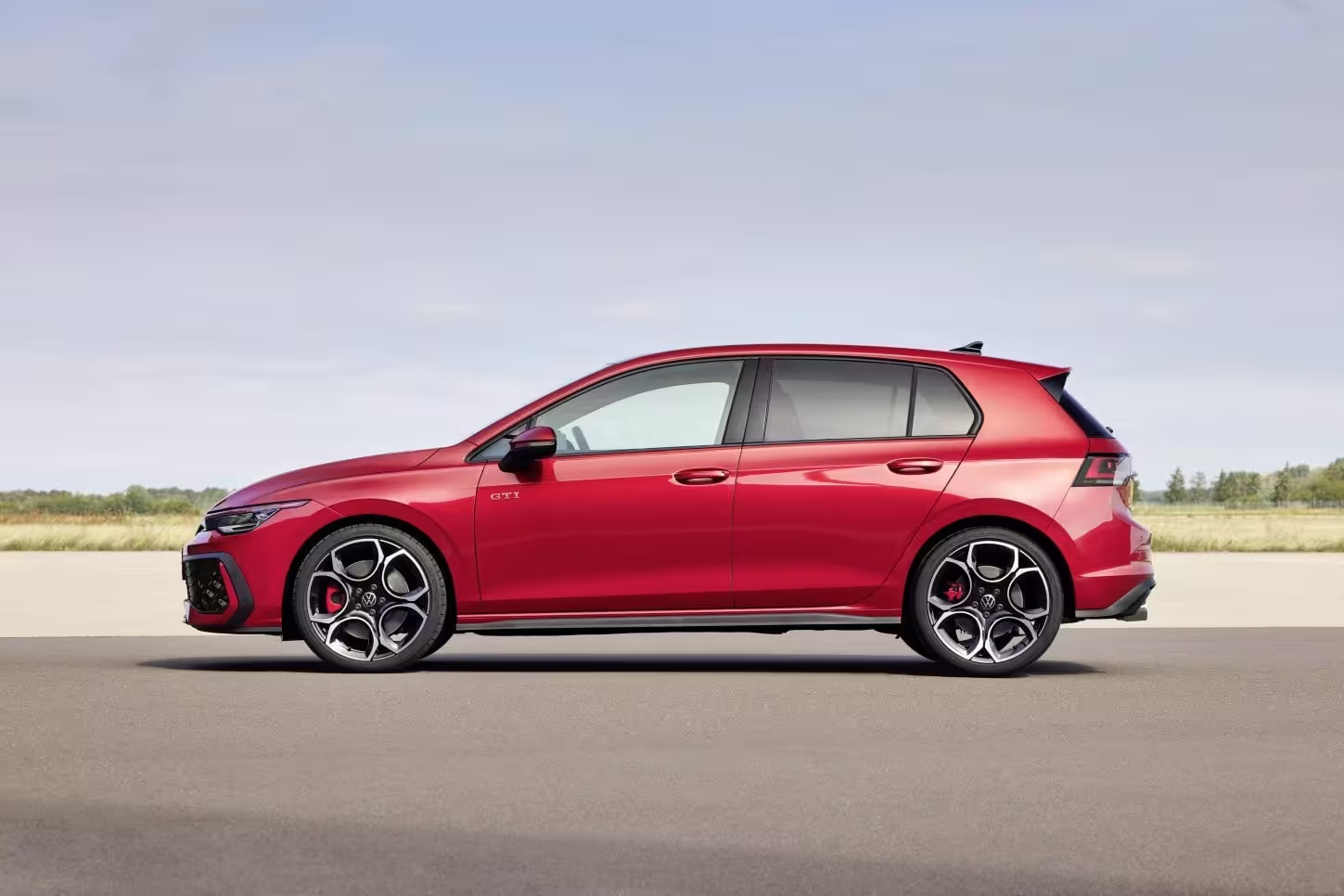
Why the Golf matters to Volkswagen
The Golf is more than a model: it’s Volkswagen’s core compact product and a linchpin of the brand’s global strategy. It spans multiple powertrains (petrol, diesel, mild-hybrid, plug-in hybrid and increasingly electrified variants) and plays a key role in fleet and retail sales across Europe and beyond.
Technical dependence on semiconductors
Modern compact cars like the Golf are highly dependent on specialised microchips that manage engine control units, infotainment systems, driver-assistance functions and advanced safety features. Even a single missing component can halt assembly lines because manufacturers must ensure full compliance with safety and regulatory standards before switching suppliers.
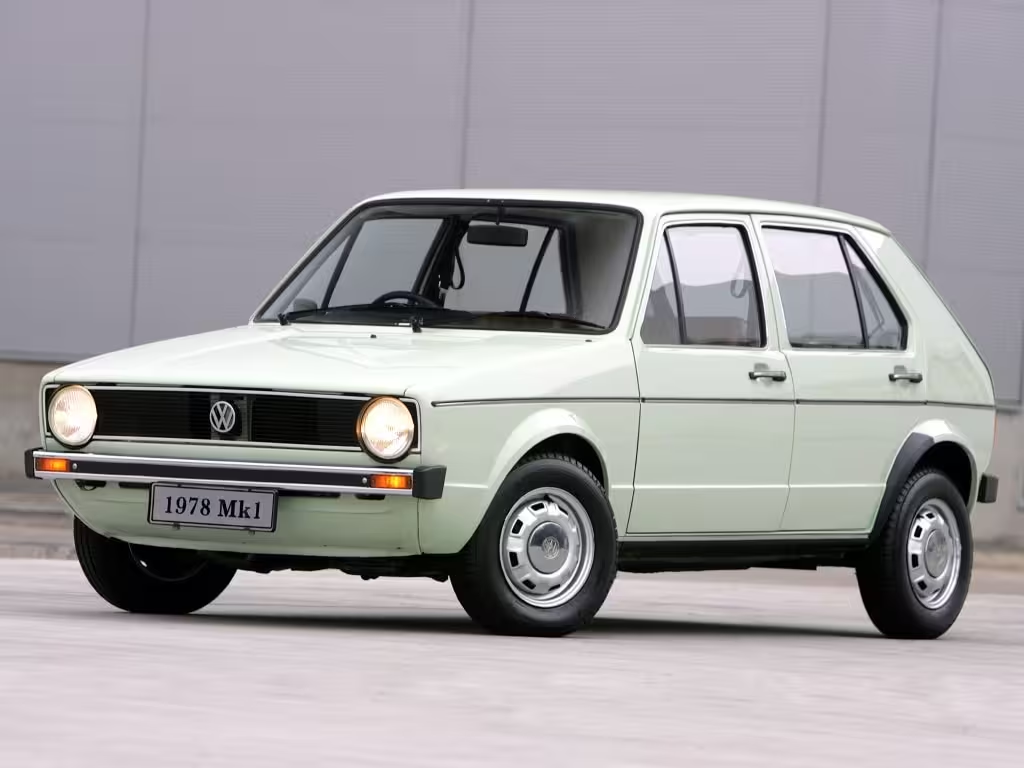
Key implications:
- Requalifying chips from alternative vendors can take months.
- Stop-start production risks creating downstream shortages for dealers and fleets.
- Interruptions can increase costs as automakers scramble for scarce components.
Market and strategic context
The Wolfsburg pause highlights broader industry vulnerabilities: geopolitics, consolidation in semiconductor supply and tight inventories make car production increasingly sensitive to diplomatic and trade shifts. For Volkswagen, which is investing heavily in electrification and hybrid models, short-term disruptions complicate a costly product transition that relies on flawless supply chains.
Still, Volkswagen has reiterated its long-term commitment to the Golf nameplate. The company is investing in electrified and hybrid Golf variants and positioning the model to bridge traditional combustion customers toward a greener lineup. When production eventually restarts, the Golf will likely continue as a central part of Volkswagen’s portfolio — albeit in a market where SUVs and EVs are steadily reshaping demand.
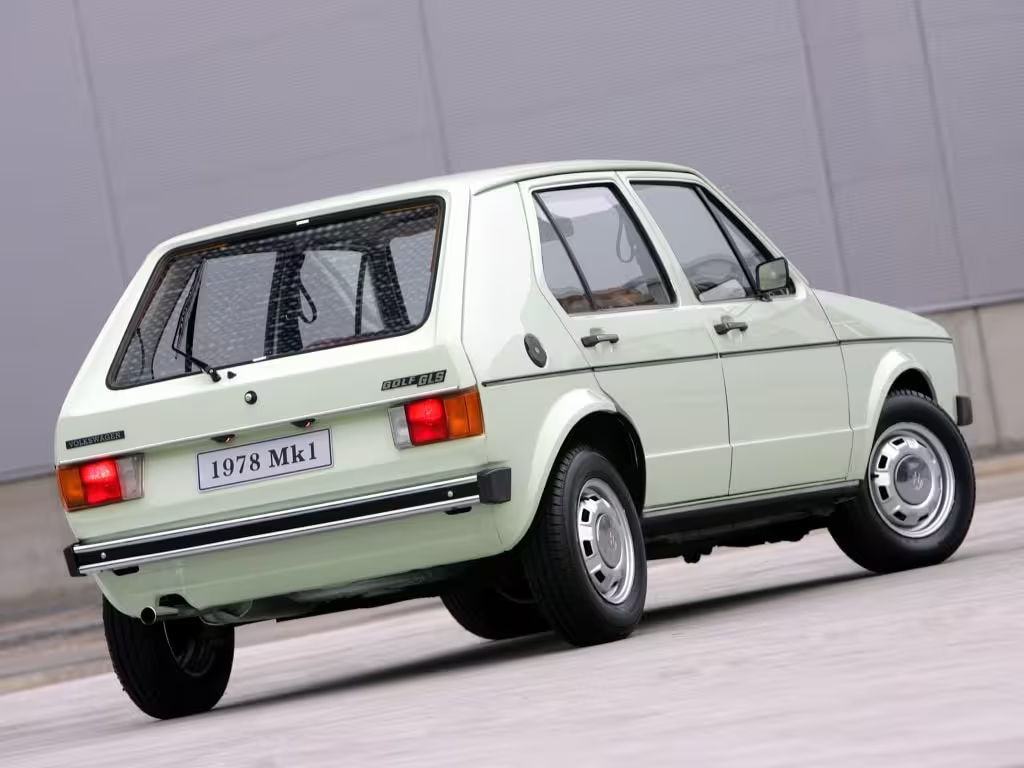
What to watch next
Key developments to monitor in the coming weeks:
- Negotiations between the Dutch government, Nexperia and international stakeholders.
- Volkswagen’s progress in qualifying alternative semiconductor suppliers.
- Any expansion of Kurzarbeit or further short-time work measures at German sites.
- Dealer inventory levels and whether delivery estimates for new Golfs shift.
"The situation remains dynamic," the company warned internally, emphasising that production was "still unaffected" in other areas but that rapid impacts were possible.
For now, the assembly halls at Wolfsburg — home to the Golf for more than five decades — will be quieter. The pause is a reminder that even automotive mainstays are vulnerable to modern geopolitical and supply-chain pressures, and that the path to a resilient, electrified future will require secure, diversified semiconductor supply.
Source: autoevolution
Comments
driveline
If Nexperia shipments are blocked, why no stockpiles? Or is VW just slow to requalify chips... seems odd, feels like politics + biz mess
chipflux
No way... Golf lines stopped? 51 years, and a tiny chip causes chaos. Feels unreal, poor workers, supply chains need fixing

Leave a Comment